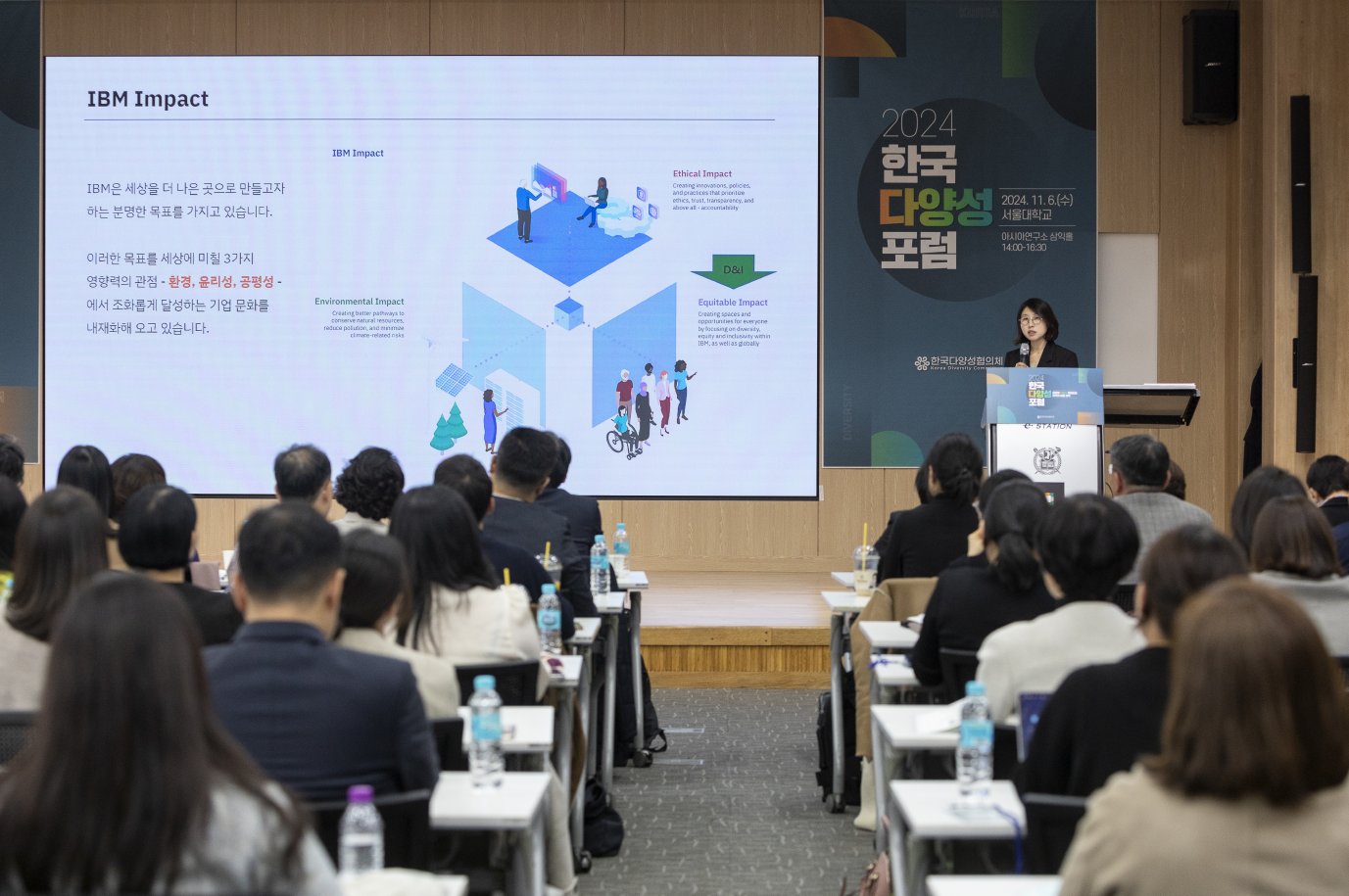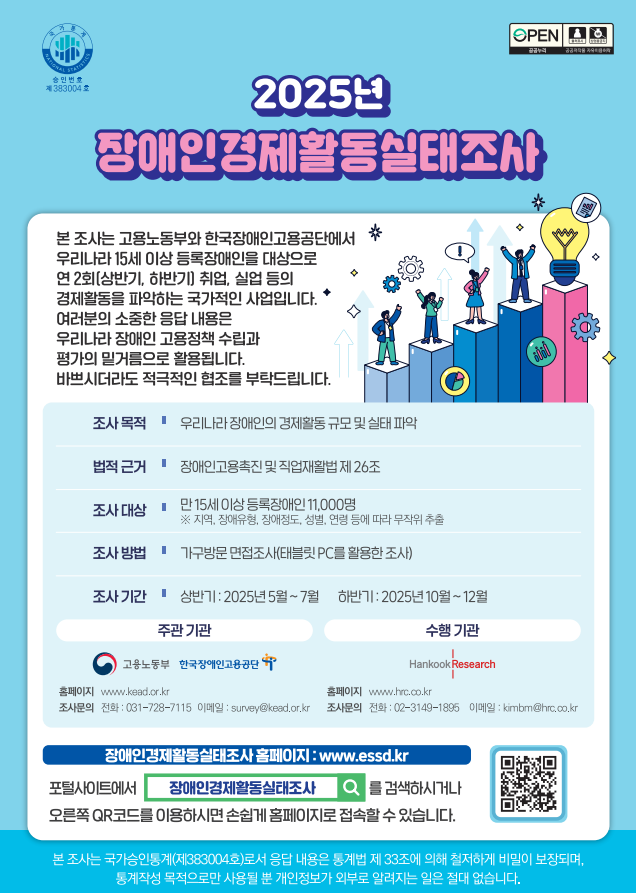On the 6th, I attended the 2024 Korea Diversity Forum (hosted by the Korea Foundation for the Advancement of Women in Science and Technology) held at Seoul National University. Various institutions, companies, and universities continued presentations and discussions related to diversity. What stood out particularly was the content presented by Korean IBM. The consideration and support for those whose gender identity has not yet been confirmed were remarkable. I felt envious hearing that they are leading a change in perception through education and practice by creating a community. It seemed that a global company is global for a reason.
The second thing that caught my interest was ‘neurodiversity.’ Neurodiversity is the concept of recognizing the natural variations in how the human brain develops and functions differently, primarily related to autism spectrum disorder (ASD), ADHD (attention deficit hyperactivity disorder), and Tourette syndrome. In other words, it is the idea that people experience and interact with the surrounding world in various different ways. There is no ‘right’ way to think, learn, or act, and differences are not considered deficiencies.
Neurodivergent individuals show better work performance
According to corporate examples, those who see the world differently in terms of neurodiversity have shown better work performance. The presenter was also raising a child with autism. While hearing this, I wondered if such a thing could be possible in Korea, and when it might be possible. I felt that it might not be easy for the time being. For small and medium-sized enterprises struggling to make ends meet, considering neurodiversity would be difficult.
(…)
Neuro-inclusive workforce is essential for companies
Recently, the World Economic Forum (WEF) introduced the topic “How can neurodiversity drive business success in the workplace?” “Employees with neurodiversity and a neuro-inclusive workforce can provide essential skills and strengths to companies. However, for individuals with neurodiversity to succeed, psychological safety is crucial.” However, in Korea’s corporate culture, where even the mandatory employment of disabled individuals is rejected with all sorts of tricks and excuses, and companies would rather pay fines, this is a distant dream. Moreover, psychological safety cannot be forced in the short term.
*Please note this is a Korean article
Source: BRIC


![Read more about the article [Seeking the Path to Labor Reform] “Mandatory Quotas Alone Have Limits for Large Corporations’ Hiring of People with Disabilities”](https://knda.ne.kr/wp-content/uploads/2025/12/2025122201002010800117641-1.jpg)

